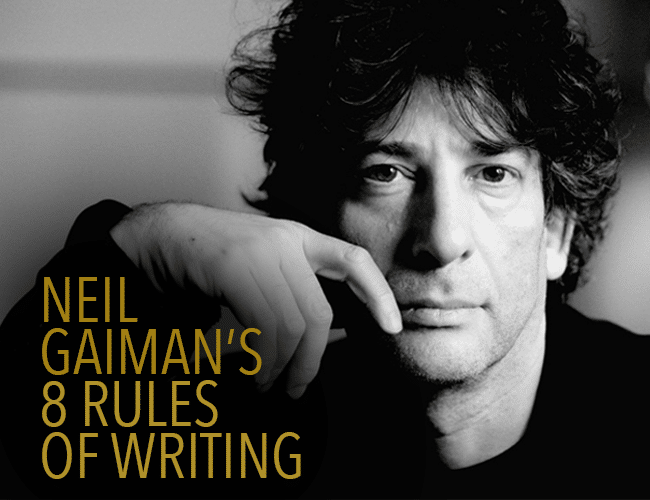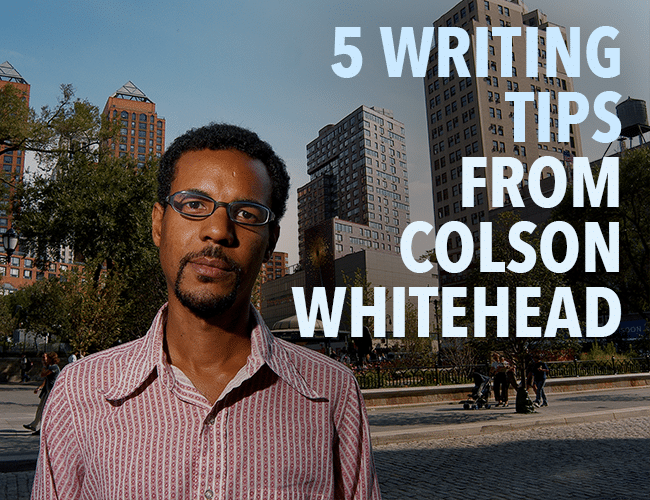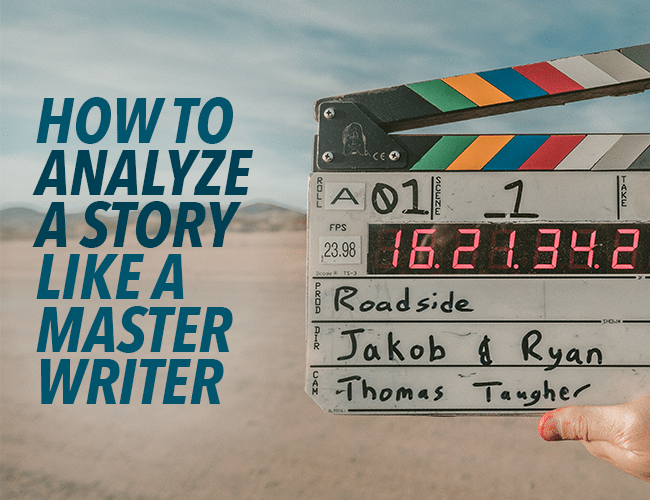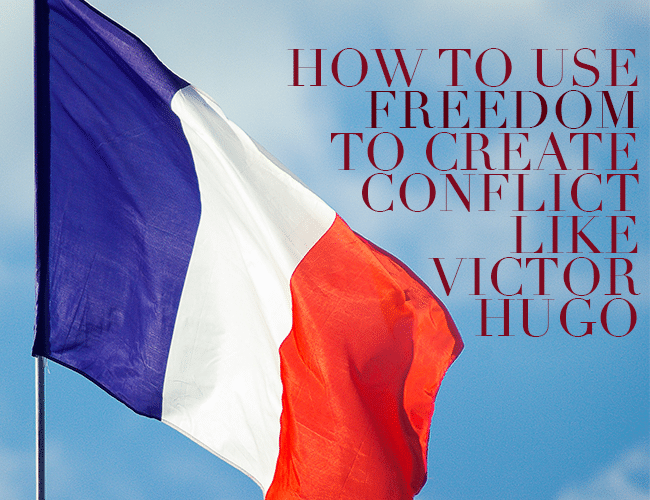
by Monica M. Clark |
Currently I’m reading a collection of essays by the National Book Award winner and genius grant recipient Ta-Nehisi Coates. Many people view Coates, a writer for The Atlantic, as political, but I’ve heard him speak, and he repeatedly emphasizes that he is a writer above all else. He is an observer and he shares his observations with the world, and we can draw valuable writing tips from his work.
Coates’s book We Were Eight Years in Power consists of articles he wrote during the Obama years, each of which are preceded by Coates’s retrospective reflections on those essays. As a fellow writer, I was enthralled by those reflections. Here was an anointed “genius” expressing his doubts and self-critiques. There’s something fascinating about watching a successful writer still cringe at the very works that gave him that success.
Given all that, I had to share some of my takeaways, writing tips drawn from Coates’s self-reflections.

by Ruthanne Reid |
Some of you may have noticed that the esteemed Mr. Gaiman is my favorite living author. Even if he’s not everyone’s cup of tea, it’s hard not to notice him: books, graphic novels, award after award—the man is prolific and very good at what he does. So when I realized he had eight rules of writing, you better believe I beelined to read them. And guess what? They’re fantastic … with a few explanations. Read on for more.

by Monica M. Clark |
A couple weeks ago, I attended an author talk with Colson Whitehead at Politics & Prose in D.C.
The author has been writing novels for 18 years, but recently he’s been getting a lot of attention because his new book, The Underground Railroad, was inducted into Oprah’s coveted Book Club. The book is about the escape from slavery to freedom in the antebellum south, but it also has fantastical elements—a literal underground railroad that exposes the protagonist to different worlds at each station.
Here are five tips I gleaned from his talk.

by Sue Weems |
As writers, there is no replacement for reading as a practice to become a better writer, but studying film or television can be just as instructive.
Ultimately we’re building models for our own work by asking one critical question. What if that one question could make you a stronger reader, viewer, and ultimately writer?

by Jeff Elkins |
We all know that transforming characters and a driving plot make for great stories. Something we discuss less is how contrasting ideals—and the conflict they create—can also enrich a story.
This week in the United States we will be celebrating the signing of our Declaration of Independence in 1776. Thinking on the ideal of independence has had me pondering how philosophical convictions play a role in our stories. If used well, they can enhance the narrative allowing the story to transcend the characters and become something more.

by Sue Weems |
Subtext is the underlying message in a scene. In The Godfather, when Don Corleone says, “I’m gonna make him an offer he can’t refuse,” we know someone (and a horse) is in serious danger. When I tell my kids, “I’m gonna make you an offer you can’t refuse,” I probably mean “Do your chores or I’ll shut down the wifi.”
Same statement, different subtext.





